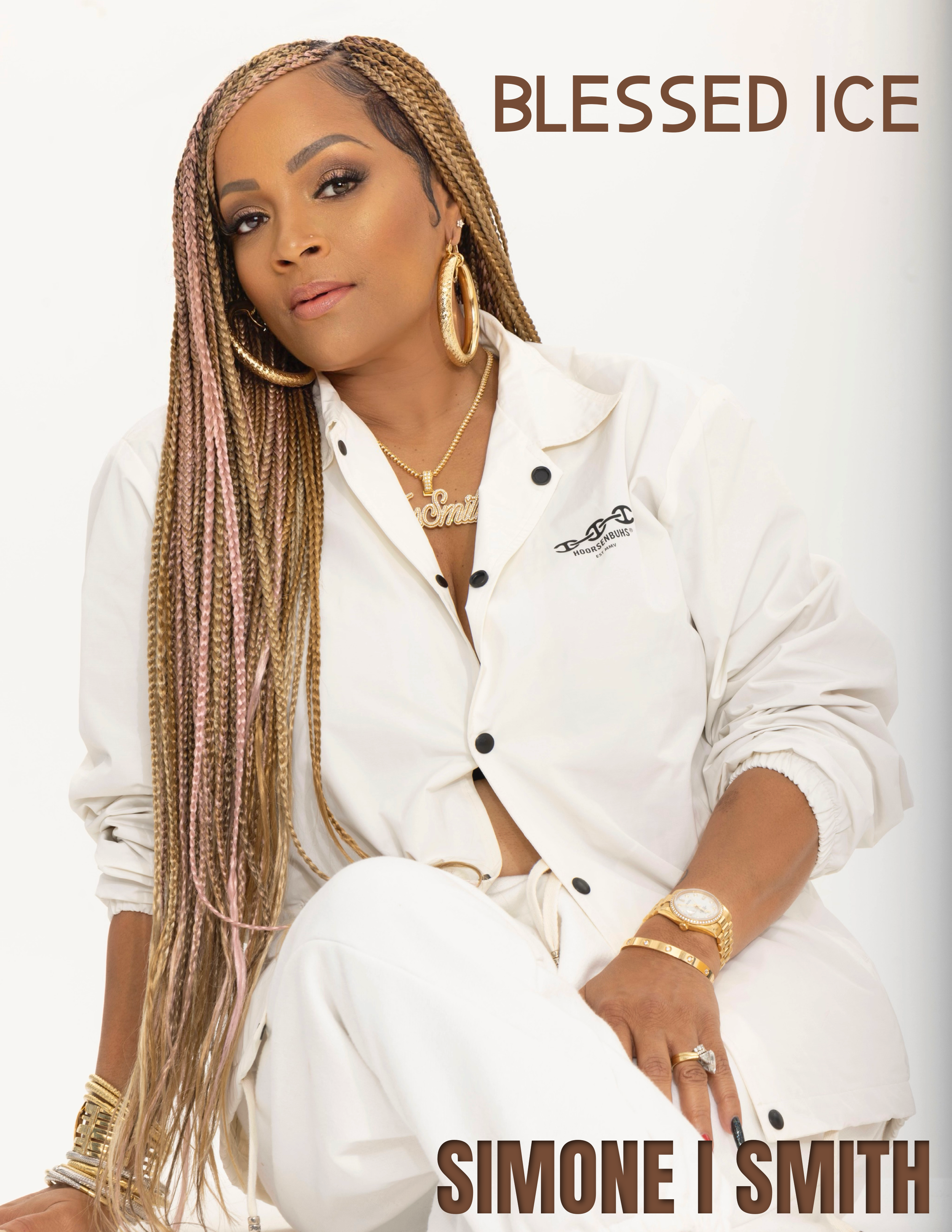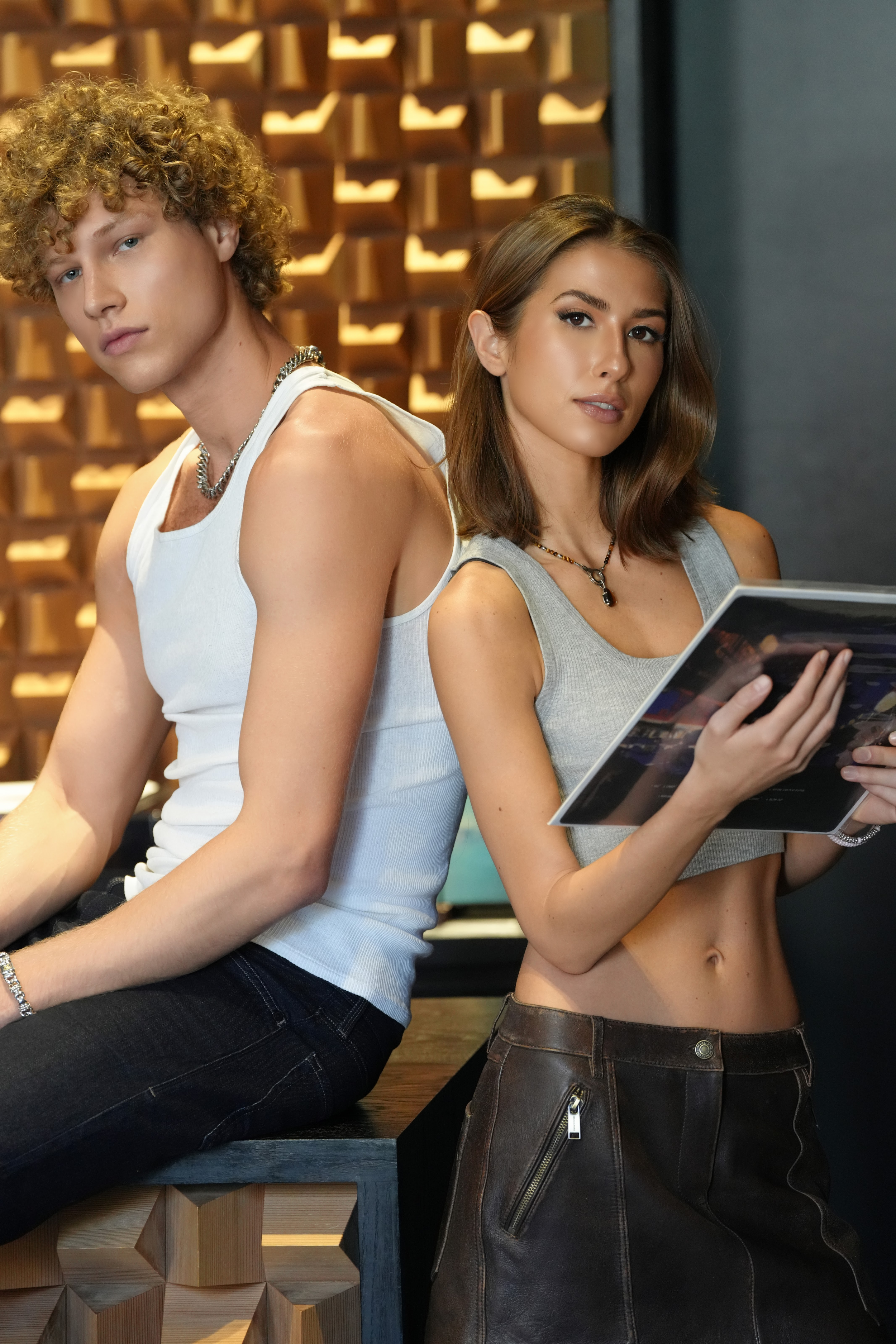When we think about some of our favorite DJ's over the past decade, Hardwell is one we enjoy seeing when he was at our favorite venues!
In this age of being committed to taking the time we need, self-care and mental health, Hardwell took 3 years off to take a break, fugure himself out as an artist and came back to the scene with a new album REBELS NEVER DIE, a tour of the same name and of course he launched it at Ultra Music Festival earlier this year!
We wanted to get to know more about his process, about the importance of his hometown in Breda, Netherlands, how he is approaching touring and more!
ATHLEISURE MAG: When did you fall in love with music?
HARDWELL: I discovered music super early, I actually started playing piano when I was 4 years old, but my love for DJing began when I was 12.
AM: What was the moment that you realized that you wanted to be a DJ?
H: I knew early on that it was a passion of mine. I started out playing hip hop when I was 12, before discovering electronic music when I was 13/14, which then became this huge part of my life and thankfully still is today.
AM: You’re from Breda which is a small city, but it has birthed a number of artists from yourself, Tiësto and even Elvis Presley’s manager, Colonel Tom Parker! What is the music scene like in Breda?
H: It’s crazy right! A small city with this deep musical history. We actually have a very small scene, so it’s not what people often think it will be. But because its small everyone knows each other and this is perhaps why it helps Breda artists to grow.
AM: How would you define your sound?
H: This new Hardwell REBELS NEVER DIE sound is me. It’s the raw, uncut version of who I am as an artist. It draws on all my influences from the moment I got into electronic dance music right through to what I am all about today. It is everything from big room to trance to electro to techno. I needed to free myself up from big labelled as one type of sound, so I could infuse everything into one sound, which is what fans are experiencing now.
AM: In terms of creating new music, what’s your process?
H: I feel most at home in my own studio. It’s a space that is custom built to fit my specific needs. I bring a lot of inspiration from life, travelling and the atmosphere of our scene into my creative process. But equally I don’t fixate on following the same process each time. It was why I took some time out because I need to recharge and free up my creativity to come back with something completely new and fresh.
AM: You’ve done some amazing collaborations, what do you look for when it comes to partnering with someone else to create music?
H: What makes the magic happen is that connection. When you work with a singer or another producer and there’s a creative connection where you’re vibing off the same ideas, that is usually a very positive sign. I like to connect with other artists who are open to trying new directions, freeing up the structure of a song and then seeing what will come out the other end.
AM: I’ve been a fan for years and have enjoyed your music, you’ve been a 2X #1 DJ, you’ve headlined many major festivals and you have travelled extensively and then in 2018, you decided to take an indefinite hiatus. Even though that was back in 2018, at that time it was a shock as mental health wasn’t really talked about and in the way that it is now. In the time that you took that step back, what did you learn about yourself?
H: Absolutely, I learned that it is ok to take time off. As an artist you always fear that if you don’t make that next show or release another song, your career will start to diminish, and it could be over before you know it. But the reality is that’s not the case. Everyone needs time off. From sports to medicine to education to even family life, everybody needs a break, but as artists we often to put pressure on ourselves to keep going, say “yes” to everything put in front of us. Taking a break, working on yourself for a while and coming back refreshed with new creative ideas is only ever going to be a positive decision.
AM: A portion of your hiatus also took place during COVID where everyone had lockdowns and we were all put in a place and a time where we re-evaluated how we went about work, the importance of connections and who we wanted to emerge as. Although you were already on that journey, what was that time period like for you?
H: Well, not much was different for me because, I was kind of already in my own lockdown, by not touring, being at home and then working in my studio. But I could see it was impacting so many of my friends and family, plus colleagues in the scene. That was hard to watch, but I’m thankful now that life has resumed for us all.
AM: At what point did you realize that you wanted to work on and release REBELS NEVER DIE?
H: The album didn't come until much later into my ‘sabbatical’ because I first needed to find myself again as an artist and then once I fell down that rabbit hole, and journeyed around what I was looking for, then the idea of REBELS NEVER DIE started to become a reality.
AM: How was creating music for this record different then when you have created previous albums/songs?
H: Before I started turning ideas into tracks, I decided to start from scratch. So I didn’t go back to a lot of the synth etc I was using previously. I needed a new canvas to work from, a new feel to the production. I also had released any pressure on myself which was a huge weight from my shoulders during the process because I was free to express myself this new sound.
AM: Tell me about REBELS NEVER DIE and what are you excited about this album?
H: The album excites me because it’s a new chapter in my journey. It’s an expression of where I am as an artist today. It has roots into my history with electronic music, but it projects a wide palette of my style to the fans. This Hardwell 2.0 version is a shift of perspective and sound, something which is best experience during the live performances of REBELS NEVER DIE.
AM: The decision to come back on the road and tour must have been one where you had to think about how you could do this in a way where you still felt comfortable. How do you approach touring now and deciding how many dates/cities that you want to include in your schedule?
H: I decided that this time around I will reduce the touring to a smaller number of shows. I think in 2022 I’ll have done about 50 flights in total, which is a much more manageable amount. I want to be back performing and connecting with the fans, but I also need that time in the studio to be creative, spend time with friends and family. It is all about balance.
AM: You played Ultra Music Festival with only unreleased music – such a bold move! Why did you want to take that approach and were you nervous about how it would be received?
H: I was incredibly nervous before that come back! I don’t usually get nervous, of course you get the pre-stage nervous out of excitement, but it’s part of the experience, it’s good to have some nervous. But this was a lot different because I had been away for a long time, I was also coming back with a new sound and new stage show. but after the first song, and feeling that love from the crowd, it all started to click into place.
AM: You’ve been navigating your world tour since Ultra what do you do the day that you have a show coming up. Are there any routines that you do that prepare you for a show and/or are there things that you do once you’ve left the stage that are a must for you?
H: Not really. I like to relax as much as possible to get ready for the show. Spend time with my team and just get myself into the zone of what’s about to go down with the show. I’m always working on new edits and ideas fo the show, so that keeps me focused in the build-up.
AM: What do you want your legacy to be seen as in terms of the mark that you have made in the music industry?
H: Just somone who put his heart and soul into making music he believed in.
IG @hardwell
PHOTOGRAPHY COURTESY | Hardwell
Read the DEC ISSUE #84 of Athleisure Mag and see OWNING HIS SPACE | Hardwell in mag.












